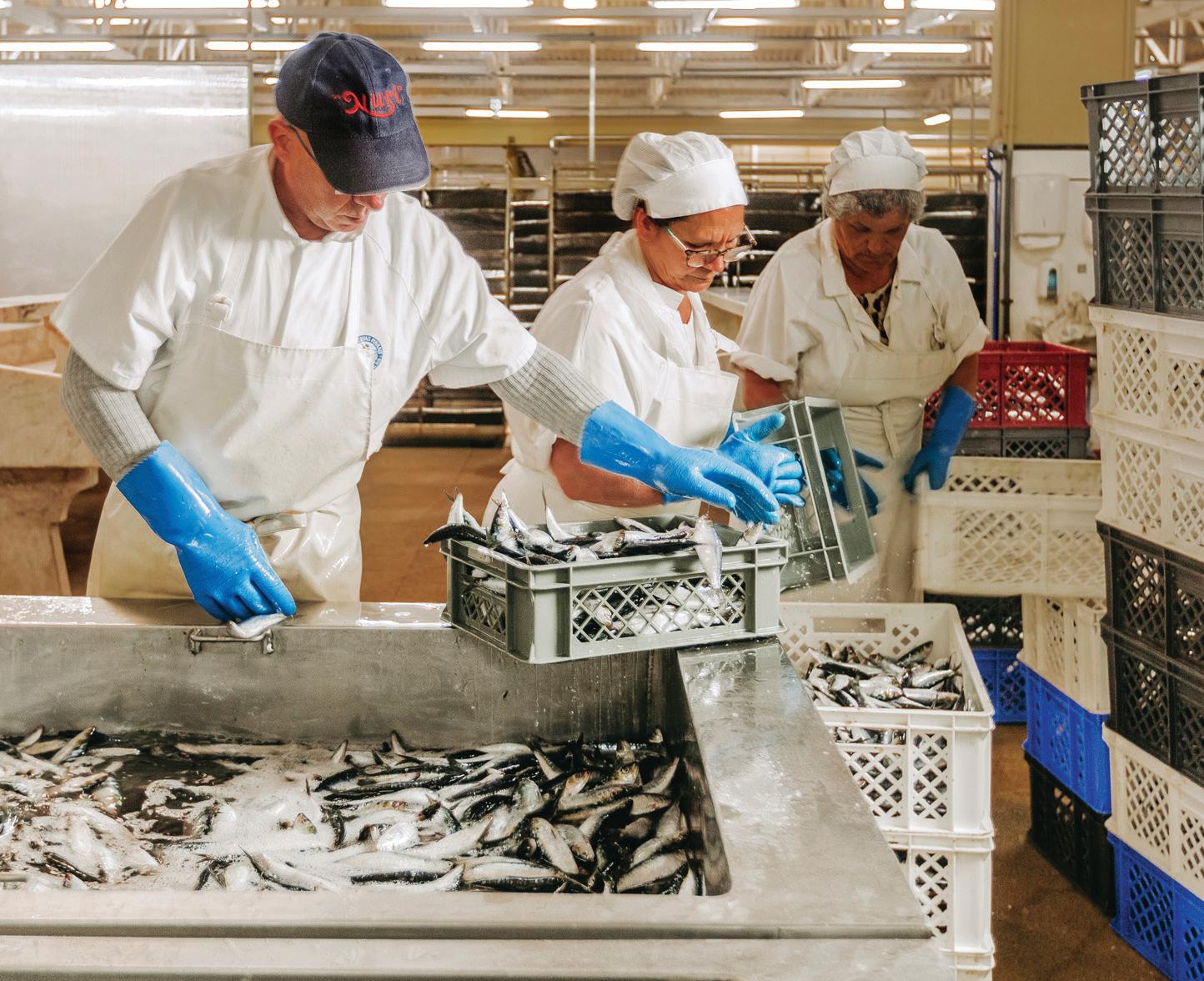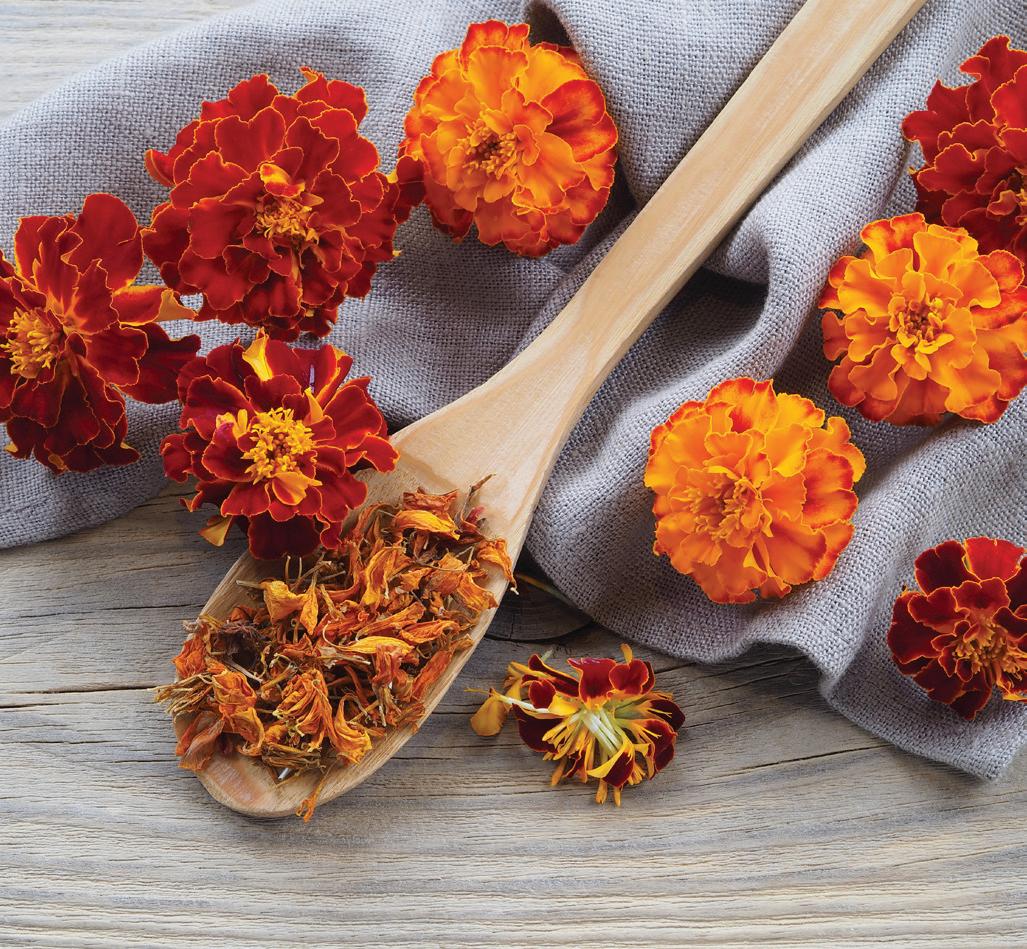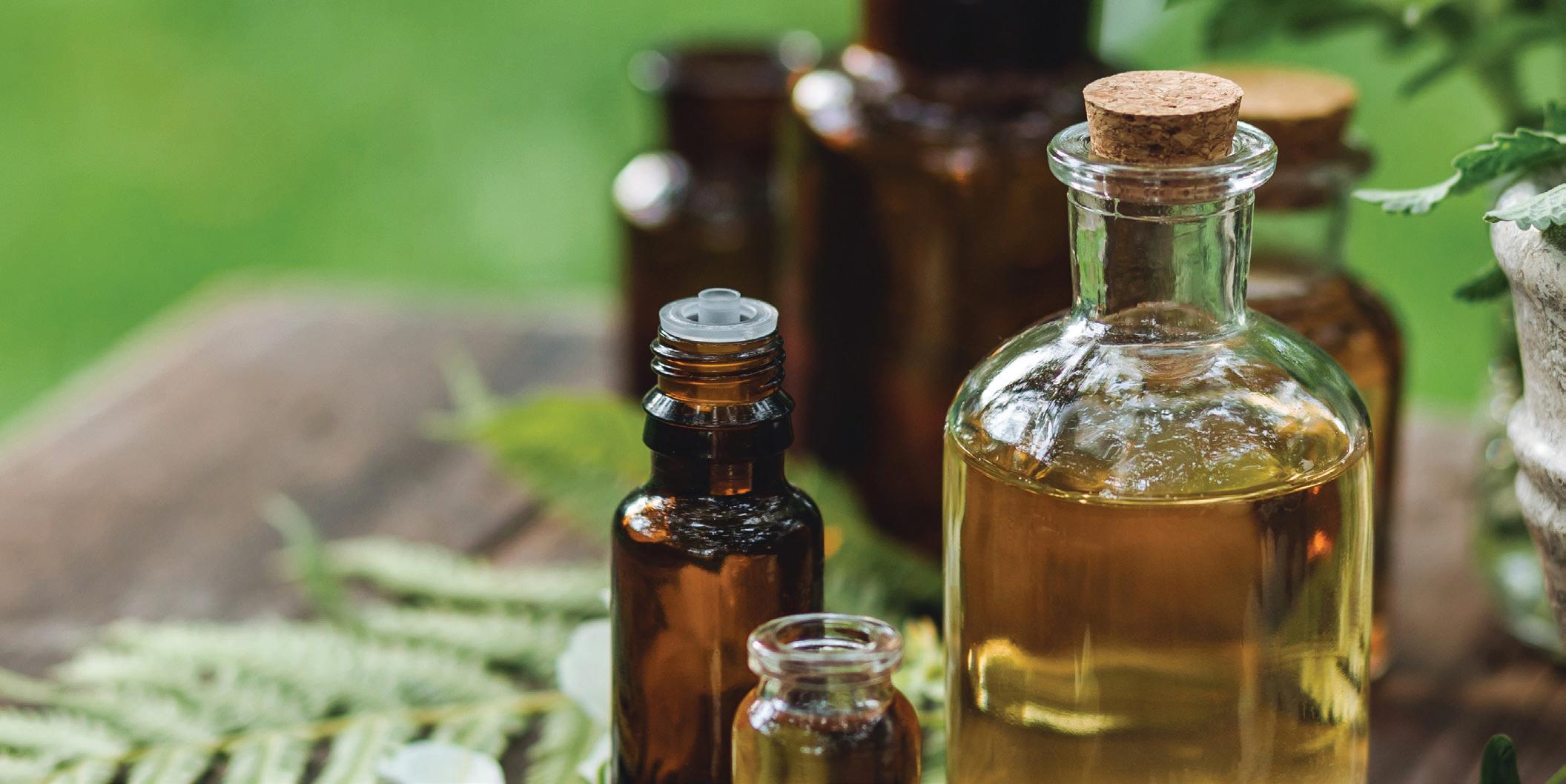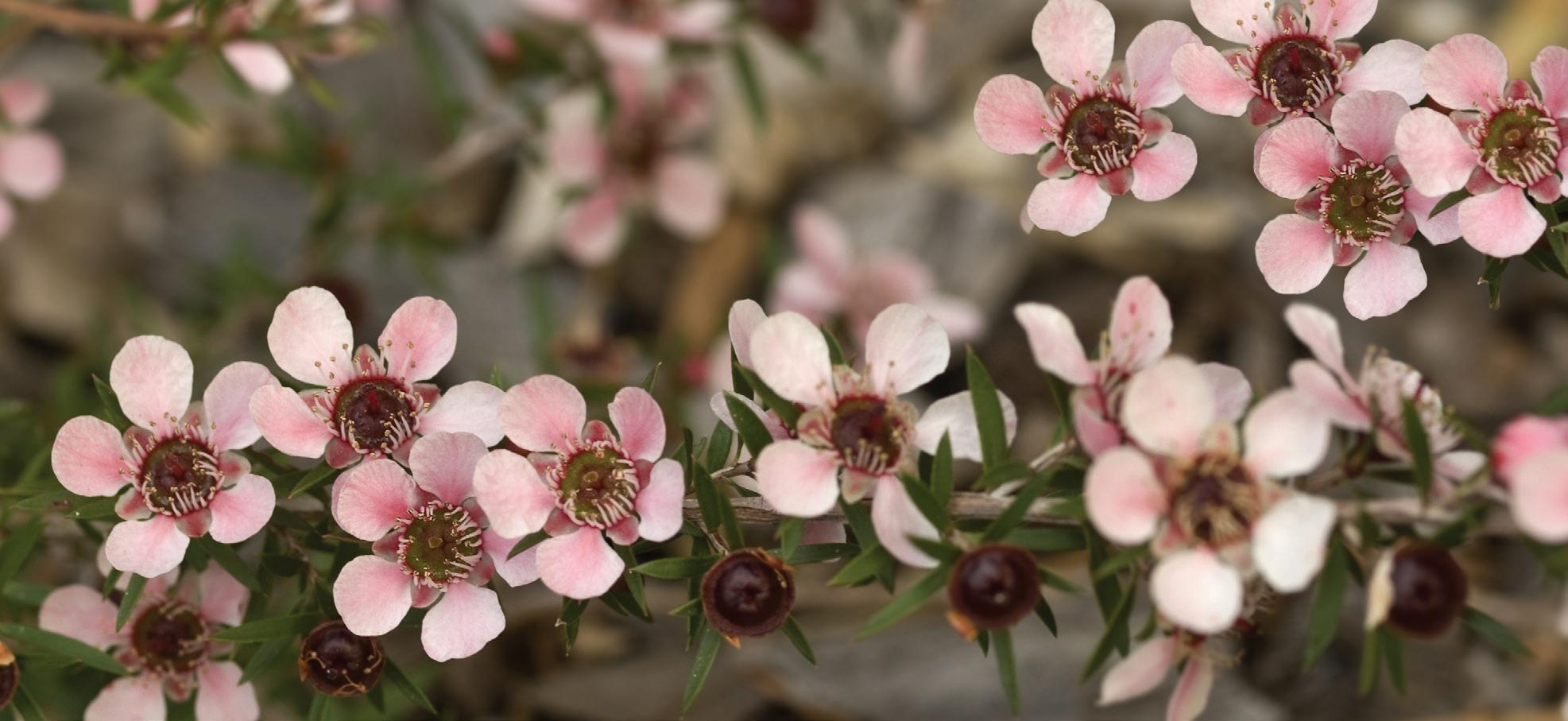
1 minute read
Improve your Seasonal Allergies This Spring
Allergic rhinitis is characterised by symptoms such as a runny or stuffy nose, itchy or watery eyes & sinus congestion. There are several reasons why someone may experience recurrent seasonal allergies.
These include
Advertisement
• Genetic predisposition
• Gut dysbiosis (particularly an overgrowth of histamine-producing bacteria)
• Reduced digestive & liver function
• An underlying IgE-mediated immune responses to pollens & grasses
Many people with allergic rhinitis rely on antihistamines, which can be effective in relieving symptoms. However, long-term use of these medications often comes with side effects such as drowsiness & fatigue.
This is where preventative & antiinflammatory strategies can help reduce the frequency & severity of allergic reactions over time.
A key focus of these strategies is to stabilise & reduce the activity of mast cells—white blood cells that play a central role in allergic responses.
Reduce Histamine Load

Some common foods naturally contain histamines or can trigger mast cells to release them. These foods aren't inherently “bad” & permanent elimination is not typically recommended. However, for those who experience frequent seasonal allergies, temporarily reducing intake of high-histamine foods can be an effective first step in symptom management.
Foods to watch include:
• Fermented foods
• Processed meats
• Certain vegetables (e.g., spinach, eggplant, tomatoes, avocados)
• Certain fruits (e.g., bananas)
Reducing intake of these foods while supporting immune function may help alleviate symptoms. Once symptoms improve, slowly reintroducing these foods can help prevent histamine overload while maintaining dietary balance.
Natural Antihistamine Protocol

The following supplements & natural remedies can support the body during allergy season:
Quercetin & Resveratrol
Quercetin is a powerful bioflavonoid known for stabilising mast cells & reducing histamine release. Combined with resveratrol - a potent antioxidant that helps prevent mast cell proliferation in response to allergens - this duo offers strong support against an overactive histamine response.
Probiotics: Lactobacillus rhamnosus & Lactobacillus plantarum
These probiotic strains are highly effective in managing seasonal allergies.
They help stabilise mast cells & downregulate histamine receptors. Long-term use may also support immune function through the gut microbiome.
Herbal Support: Garlic, Horseradish, Baical Skullcap, & Eyebright
These herbs are effective at easing histamine reactions & reducing allergy symptoms. They help decrease mucus production, relieve congestion & soothe itchy or watery eyes commonly associated with allergic rhinitis.

For those experiencing seasonal allergy symptoms, a holistic approach is key. Supporting diet, microbiome & immune function can help reduce allergic responses & improve quality of life throughout the season. With the right strategies, symptom-free springs are possible!












